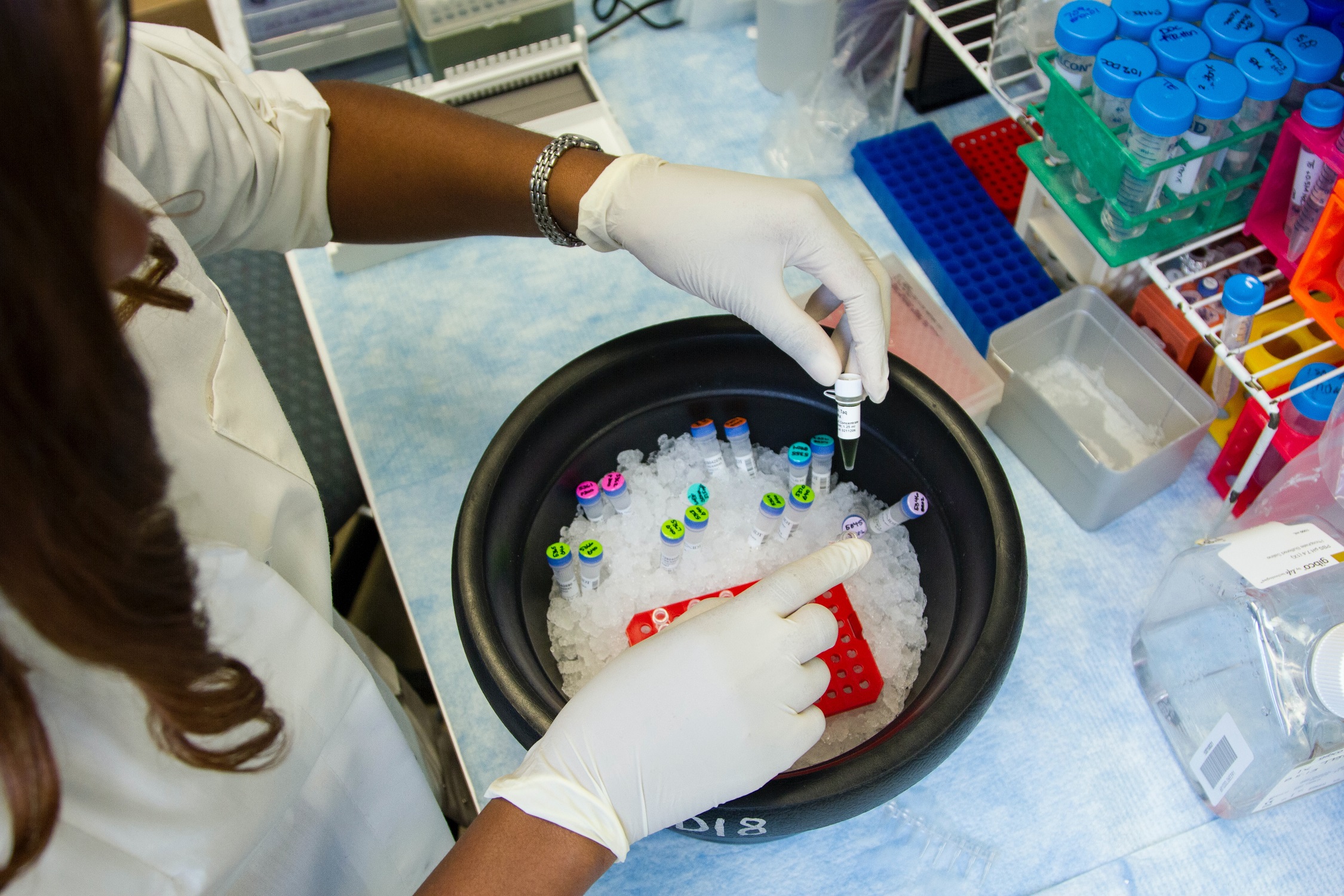All of us have all probably watched an episode or two of ‘Maury’ where he makes it clear to the audience watching from home and in the studio that the man next to him is or is not the biological father. As much as this revelation is important to all parties involved, the drama that follows is usually undesirable.
Finding out the biological father of a child is not meant to be a source of entertainment for the public. Instead, it’s a serious issue with serious emotional and psychological consequences for all parties involved.
If you need to do a paternity test, there are discrete and far much less dramatic ways of going about the whole matter. Even better, they can be done from the comfort of your own home.
Because of how simple and straightforward the process usually is, some people are not entirely convinced of the accuracy of home DNA paternity tests. Here’s what you need to know about the accuracy of home DNA paternity tests.
How Home DNA Paternity Tests Work
A home DNA paternity test is a highly discrete method of doing a paternity test because you’ll be able to do the test in the privacy of your home at a time that is convenient for you. All you need to do is take a swab from the inside cheek area and mail the sample to a lab for testing.
Usually, the test results are ready within 3 to 5 business days.
How Accurate are Home DNA Paternity Tests
In truth, humans all share a lot of similarities in our genetic composition. However, the similarities between a biological father and his child are a lot closer. Therefore, the accuracy probability of home DNA tests is usually 99.9%.
However, the accuracy of your home paternity test depends on a few things:
- How well you follow instructions while taking the sample.
- The quality of the test kit you buy.
- The quality of the lab you choose to run the test.
Doing the test should be an easy and quick process. What you should give more priority is finding a reputable and trustworthy lab with a high accuracy track record.
To get a good lab, research potentially viable labs online or ask for recommendations from people who’ve had past positive experiences with them before. You also need to put a few factors in consideration such as:
- How many times the lab will perform the analysis.
- The number of genetic markers included in the analysis.
- The professionalism of the lab as well as the proficiency of the staff doing the DNA analysis.
Challenges With Home DNA Paternity Testing
One of the most significant challenges with a home test is ensuring the samples are not tampered with. This usually happens when one party is angling for a particular result. Another challenge that comes in is some tests produce inconclusive results. This usually happens when an inefficient lab does not analyze all the genetic markers.
The results of a DNA paternity test can be shattering or received with joy; either way, the results will probably be life-changing and you want the results to be completely accurate. Make sure you consider the test kit and the company you choose to perform the analysis if you’re going to get decisive results.
Recent Posts
- Castor Oil For Better Hair Growth: Is It Myth Or Fact?
- Exploring the Differences Between Sermorelin, Ipamorelin, Ibutamoren, GHRP2, and GHRP6: Understanding Their Role in Human Growth Hormone Regulation
- Unraveling the Mystery: Understanding the Causes and Prognosis of Ventricular Tachycardia Without Apparent Heart Disease
- Understanding Grandparents’ Rights in Oklahoma: Navigating Visitation and Legal Protections
- 10 Reasons to Consider Hypnotherapy for Your Health

